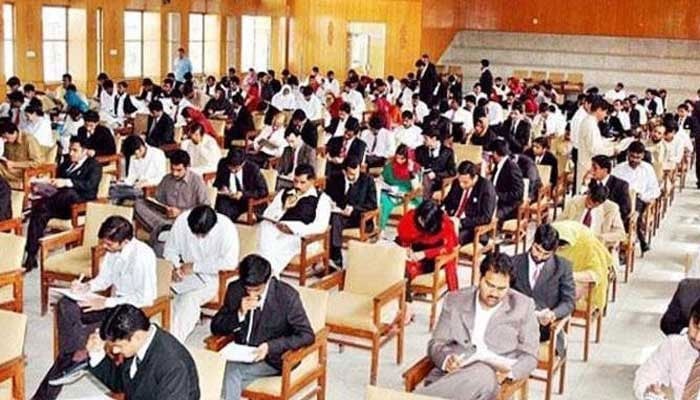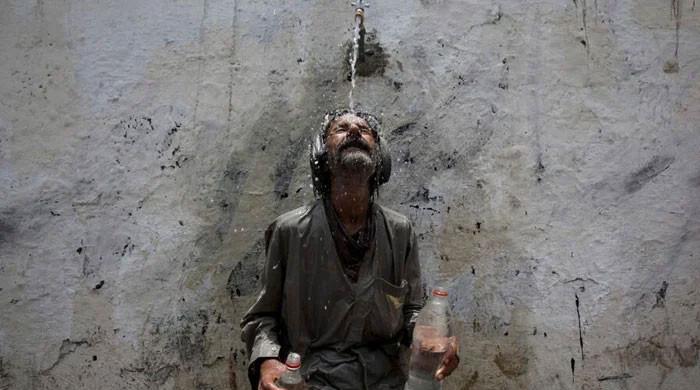Govt body poised to scrap decades-old CSS exam scheme
Each service group to have its own specific qualifications, competitive examination under cluster-based examination
February 21, 2025

- Reforms committee endorses cluster-based system.
- Move aims at promoting specialists over generalists.
- Each service group to have its own specific qualifications.
ISLAMABAD: Decades-old Central Superior Services (CSS) examination system is all set to get a red light from high-level Civil Service Reforms Committee.
A committee source told The News that the body has completed deliberations on most key issues, including a proposal to replace the current CSS exam system.
The committee plans to recommend to the cabinet a shift from the existing generalised CSS framework to a cluster-based examination system, aiming to promote specialists over generalists in Pakistan's civil service.
With only one meeting left to finalise changes in compensation and pension schemes, the committee is expected to submit its recommendations to the cabinet soon.
A major shift under the proposed reforms is the introduction of a cluster-based competitive examination, which would allow professionals to enter technical services and specialised cadres of the civil service.
A few months back, the Federal Minister for Planning Commission had told The News that the committee was discussing this shift to ensure the recruitment of professionally qualified individuals for technical roles.
Now, according to a senior bureaucrat on the reform body, the committee has endorsed the cluster-based system and it will be a part of the committee's report for the cabinet's approval.
Currently, the CSS exam, conducted annually by the Federal Public Service Commission (FPSC), assesses candidates through a uniform set of tests, with successful applicants allocated to different service groups regardless of their academic background.
This means a doctor can be posted in revenue services, a law graduate in the audit department, or an engineer in Foreign Service assignments that often lack relevance to their education.
Under the proposed system, each service group would have its own specific qualifications and competitive examination, ensuring that candidates’ expertise aligns with their assigned roles.
The push for reform stems from concerns over the declining effectiveness of the civil service, despite recruiting highly capable individuals.
During a cabinet meeting, Planning Minister Ahsan Iqbal highlighted the urgent need for restructuring to improve governance and service delivery.
In response, Prime Minister Shehbaz Sharif formed the high-level Civil Service Reform Committee, led by Iqbal, to develop a comprehensive reform package for Pakistani bureaucracy.
Originally published in The News











